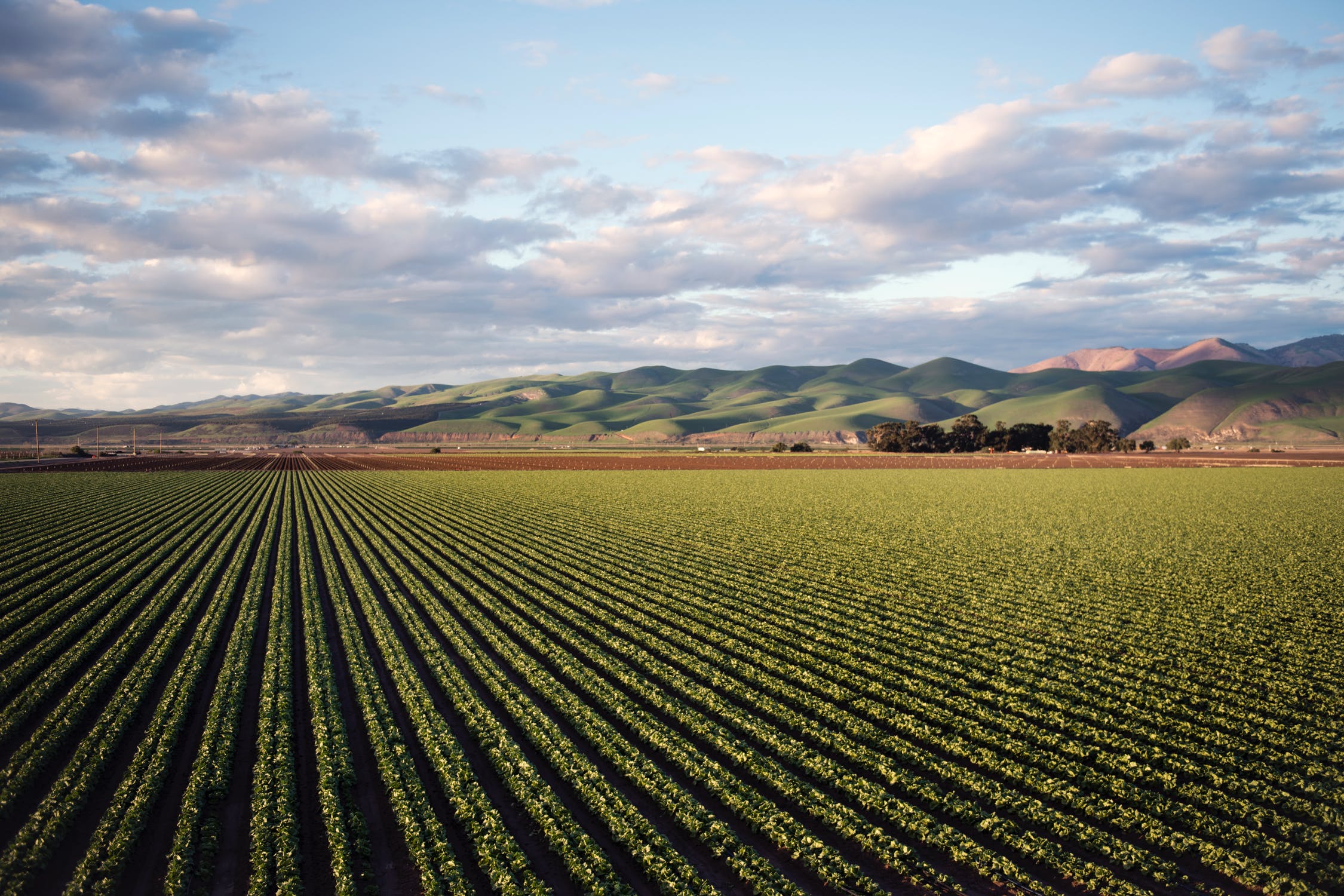With the global coronavirus emergency afoot, many businesses are closing their doors and taking drastic measures to comply with new health guidelines. During this public health crisis, LCDM and the rest of the agriculture industry are working to support all communities with the foods and services necessary to keep the U.S. population thriving as best as we can.
Many extreme changes have taken place in all levels of the agricultural supply chain over the past months to accommodate the national shift in business operations. Consumers have been stockpiling foods, and many restaurants and educational institutions are closed — and the agriculture industry supply chain has had to adapt to a rapidly changing business landscape.
From continuing to grow nutritious food to keeping the supply chain running, the agriculture industry’s response to coronavirus has been to keep moving and LCDM is proud to come alongside them.
The Coronavirus’s Impact on the Agriculture Industry

The coronavirus pandemic has impacted the agriculture industry in many ways, and no sector of the industry has been left untouched. Some of the major impacts this public health emergency has had on the agriculture industry include:
- Customers stockpiling and panic-buying from supermarkets in grocery stores, forcing supply chains to speed up certain processes
- The skyrocketing demand for certain products forcing shifts in food production
- The closure of restaurants, specialty food stores and other similar businesses, which are re-routing and re-structuring food supply chains
- Closure of schools and universities forcing food distributors to direct their supply chains elsewhere
- Additional stress on transportation systems to re-route supply chains and increase deliveries
- Changes in the profitability of certain crops
- Developing changes in the line-up of foreign buyers of U.S. agricultural products
Every stage of the agricultural supply chain has been affected by the coronavirus pandemic. However, we’re striving to support the farming necessary to combat the coronavirus every step of the way. So far, experts are confident that the agricultural supply chain will stay stable with farms and plants still operating normally.
Components of the Agriculture Supply Chain
From Designing Facilities to Putting Food on the Table
The agriculture supply chain consists of organizations and processes that facilitate the movement of agricultural goods from suppliers to consumers. This involves farms, plants, distribution centers, transportation and food retailers such as supermarkets and grocery stores.
Every part of the agriculture supply chain is affected when one part changes. Thus, the supply chain’s response to coronavirus has been to keep operations running while simultaneously flexing to meet often unpredictable needs. LCDM contributes to this process by providing state-of-the-art grain flow products to help mills across the country handle foods better and faster.
During this global crisis, our mission is to help the agriculture industry combat the coronavirus by optimizing its grain handling equipment. Find out more about how we support those who keep us going!
LCDM Is Here for You
The agriculture industry’s response to the coronavirus has been full of care, dedication and a commitment to the population’s well-being. Contact LCDM today to see how we can be here for you in this time of need!

Trackbacks/Pingbacks